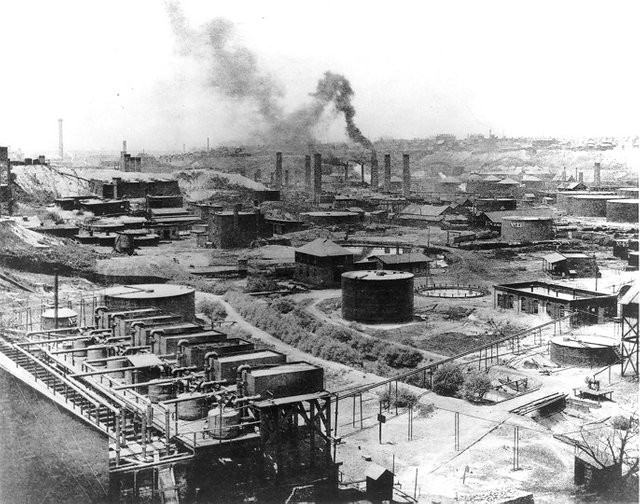Today, a few words about monopolies.
A battle against half-mythical beast of monopoly dominated the rhetoric of regulators from ministries of economy of various countries for the last century. Economic historians scare us with the example of Standard Oil and the serviceable economists shows extremely harmful models of perfect competition as a justification for fighting ubiquitous monopolies (which is very difficult to correctly and unambiguously define, by the way).

Meanwhile, strangely, no one fights state monopolies providing "public goods" (although their existence and nature, and what is and what is not a public good, raises great doubt), and there is no theory of "perfect competition od states", assuming the existence of a very large (liberalized this assumption of "infinite") quantity of countries with negligible impact on "states market". Interestingly, when a business is accused of monopolization of any industry, nobody uses well-known and widely-used argument for the state-monopolies: "you can always leave.". Apparently you can not run away from business monopoly, but from the state you can - so, I ask: where is that stateless place, where I could live?
When a company gains control over the entire market, the alarm is raised, but when a country is growing and devouring a half or a whole continent (USA, EU), economists and historians are silent and forget immediately about the so cherished competition and does not see anything wrong in monopolistic prices (taxes), nor in the absence of a substitutes (we know the reason why no one is able to compete with the state), nor in the entry barriers (President of Liberland, Vít Jedlička knows something about it).
----
In the photo: Standard Oil Reffinery, Cleveland, 1899.
Good point.